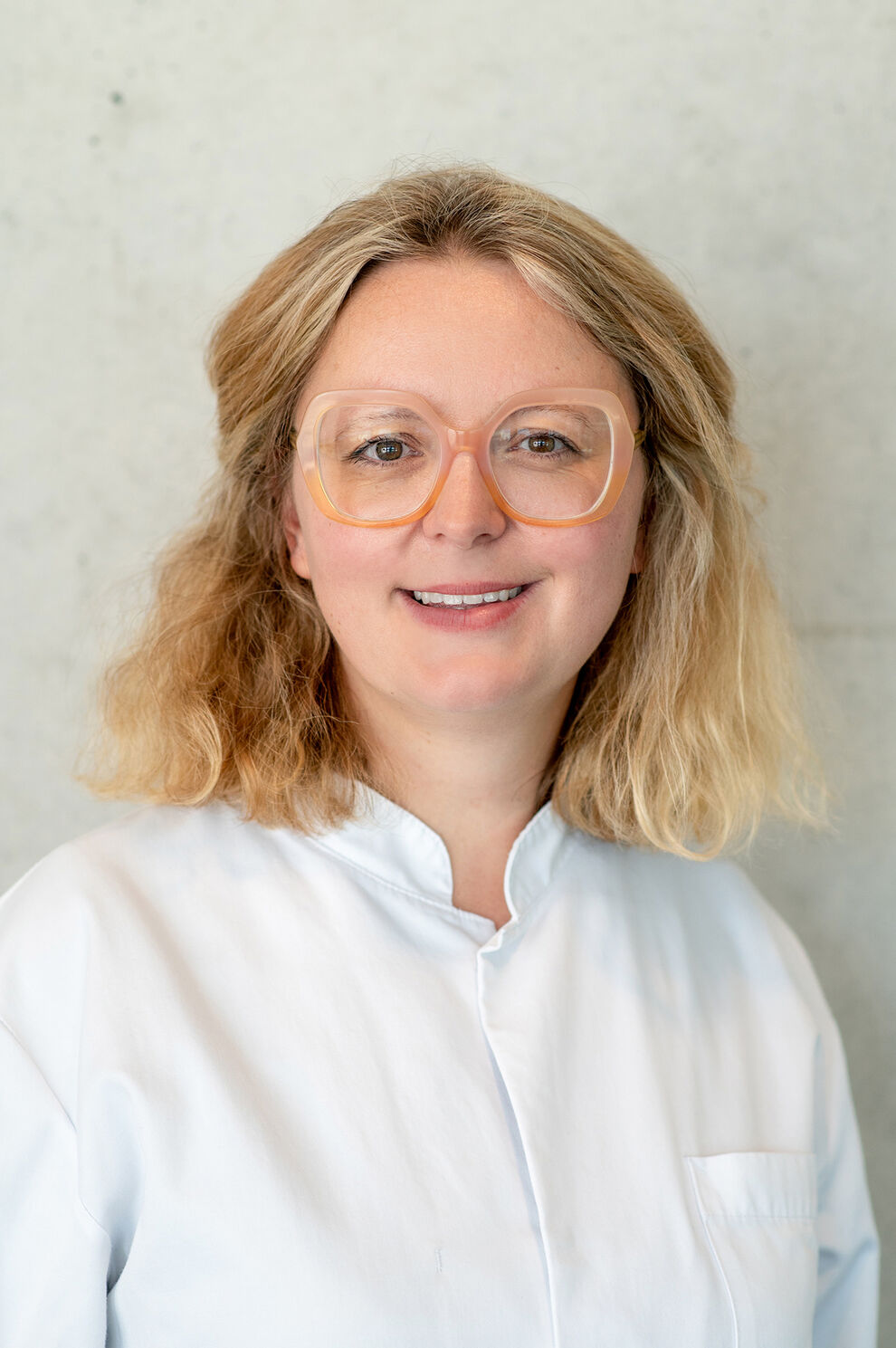
Translational Microbiology
The main focus of our lab is to investigate the pathogenesis of respiratory viruses in the context of important host factors. For this purpose, infections with SARS-CoV-2 and influenza virus were carried out on human primary lung cells as well as in complex in vitro, ex vivo and in vivo models. For the summer school we can offer a supervised practical course in our lab. This involves fundamental virological techniques such as culturing viruses, the infection of specific human cells, the analysis of viral tropism, and the effects of the important risk factor aging.
Aging is a significant risk factor contributing to increased morbidity and mortality during respiratory infections. The biological processes underlying aging are complex and can be classified into 12 hallmarks of aging, including cellular senescence. Defined by an irreversible cell cycle arrest, the cells lose their ability to grow and divide. In addition, senescent cells produce myriads of cytokines, chemokines, and growth factors. This proinflammatory secretome is called senescence-associated secretory phenotype (SASP) and it influences the environment of the senescent cell.
The COVID-19 pandemic demonstrates that severe courses of infection with SARS-CoV-2 can be observed mainly in elderly patients. To investigate these aspects on a molecular level, the influence of SARS-CoV-2 infections within senescent and quiescent cells will be investigated.

